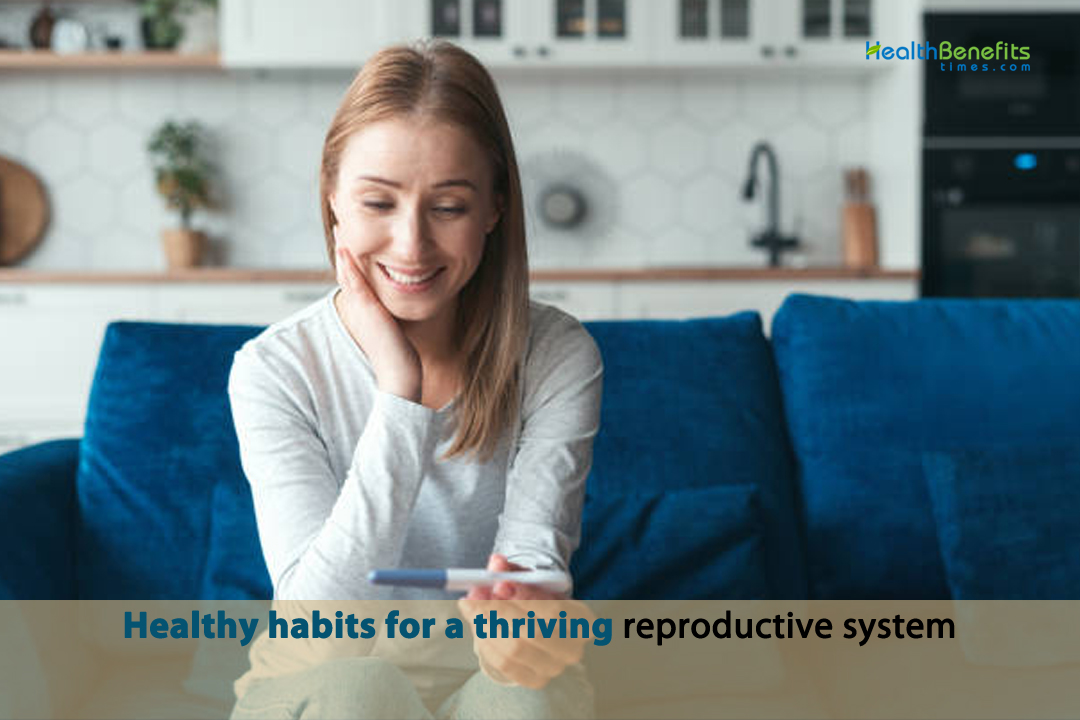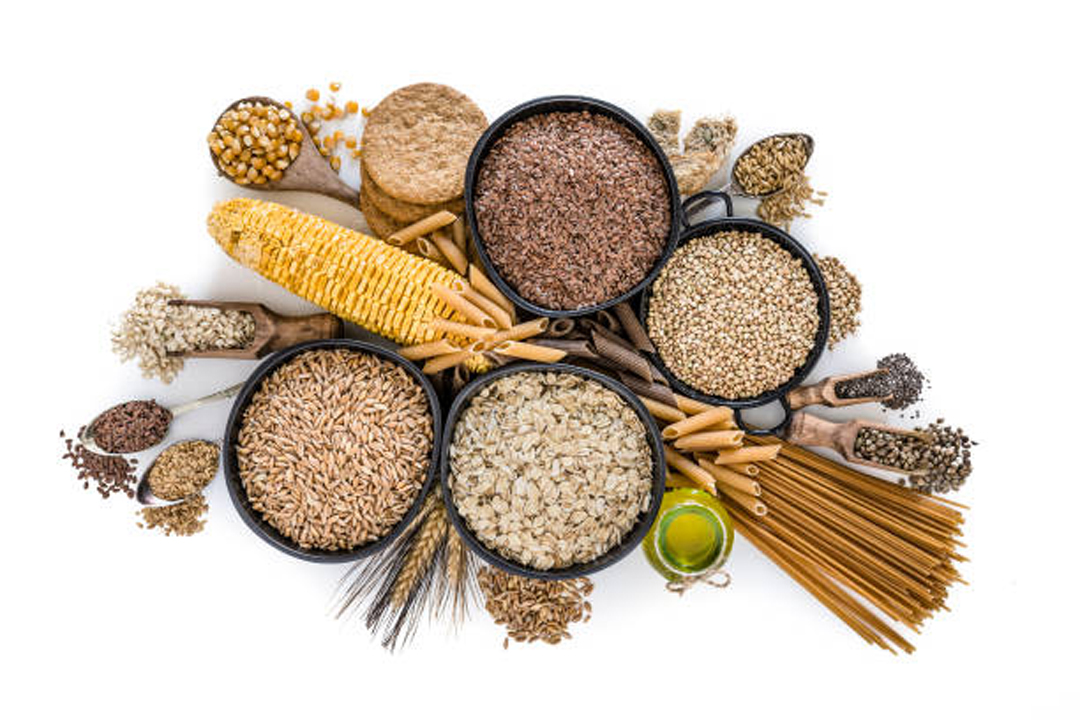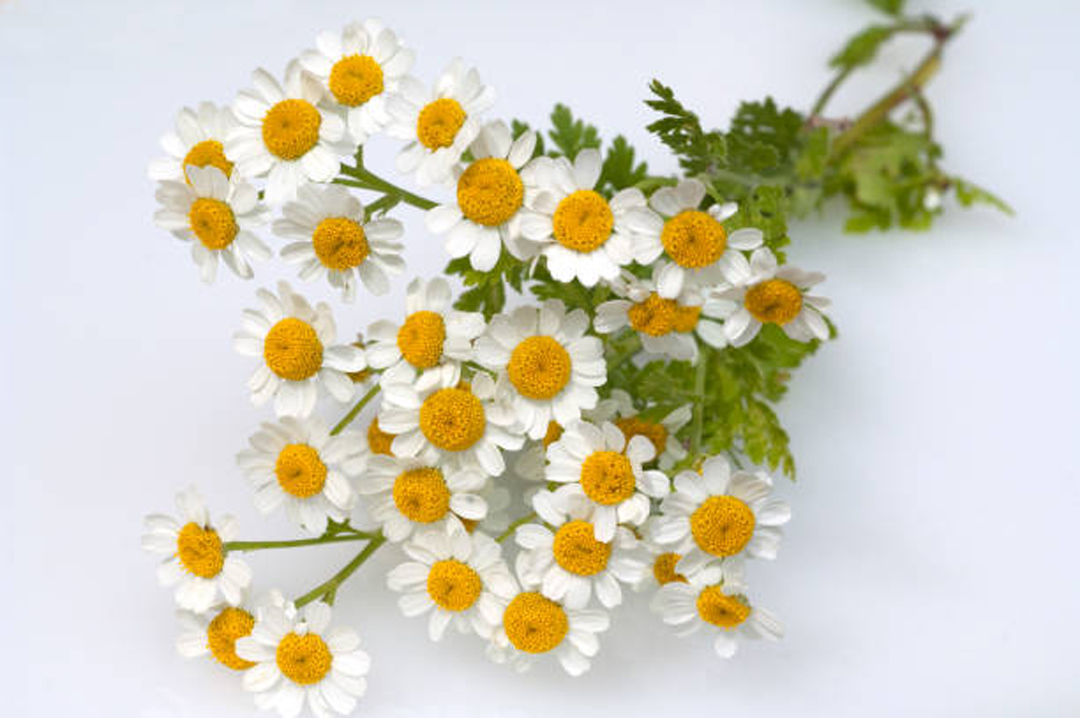
Breast cancer can affect both men and women and early detection is crucial in saving lives. While formalized self-exams have been found to be less useful, individuals should remain aware of their breasts by regularly checking for any changes in appearance or feel. Nipple changes, discharge, puckering, or dimpling of the skin are warning signs that require immediate medical attention. One can lower their risk of breast cancer by making dietary changes. Consuming more plant-based foods such as fruits and vegetables, and less meat and saturated fats, has been found to be beneficial in preventing breast cancer. Vitamin C protects breast tissue, while a higher risk of breast cancer has been associated with consuming animal-based fats. Eating at least 1 ounce (30 grams) of fiber daily, by including high-fiber breakfast cereals, whole-grain bread, fruits, and vegetables, can also reduce the risk of breast cancer. Mushrooms are another food item that contain antioxidants and have been found to reduce the risk of breast cancer when consumed regularly.
Maintaining a healthy weight and engaging in regular exercise are also effective in reducing the risk of breast cancer. Being overweight increases estrogen levels, which can make it more likely to develop breast cancer. Exercise helps to burn calories and lower estrogen levels. Experts recommend moderate exercise for at least 30 minutes, five days a week. Alcohol consumption is directly related to about 6% of breast cancers in women. Drinking more than three units of alcohol per day, which is equivalent to three small glasses of wine, can increase the risk of breast cancer significantly. To lower the risk, individuals should drink less alcohol and limit their consumption to at most three small glasses of wine per day. Drinking alcohol-free for at least two days a week can also help safeguard breast health.
Take a nipple look
Both men and women can get breast cancer, which is a deadly condition that could kill them. Self-exams of the breasts used to be the most common way to find early indicators of breast cancer. However, research has shown that formalized self-exams may not be as useful as was once thought. But remaining aware of your breasts is still seen to be the best way to catch any changes that might be cause for concern as soon as possible. To keep breast conscious, women and men of all ages should check their breasts often and get used to how they appear and feel. This is best done in the shower or bath. If you see any strange lumps, bumps, or changes in your look, it is important to consult a doctor as soon as possible. By being aware of their breasts and keeping an eye on them, people can take an important step in protecting their health and well-being. In particular, look out for:
- Nipple changes
- Discharge from the nipple
- Puckering or dimpling of the skin.
Consume less meat
Changing what you eat can be a good approach to cut your chance of getting breast cancer. Adding additional fruits and vegetables to your meals will give your body critical vitamins and antioxidants that may help prevent you from this condition. It has been proven that vitamin C helps protect breast tissue in particular. On the other hand, a higher risk of breast cancer has been related to eating a lot of meat and saturated fats from animal sources. In fact, a research indicated that women who eat the most saturated fat had twice the risk of breast cancer as those who eat the least. By making modifications to your diet so that you eat more plant-based foods and less meat and saturated fats, you can lower your risk of breast cancer and improve your health and well-being as a whole.
Safeguard with fiber

Increasing the amount of fiber you eat may be a simple and efficient strategy to lower your chance of getting breast cancer. Researchers at the University of Leeds found that women between the ages of 35 and 69 who ate at least 1 ounce (30 grams) of fiber per day, which is equal to four servings of All-Bran cereal, had half the risk of breast cancer compared to those who ate less than 3/4 of an ounce (20 grams) per day. Women before menopause seemed to benefit the most. People think that fiber may protect against breast cancer by controlling how the body makes and uses estrogen. You should eat 1 ounce (30 grams) of fiber every day. You may do this by eating high-fiber breakfast cereals, whole-grain bread, and at least five servings of fruits and vegetables per day. By doing these things to eat more fiber, you may be able to lower your risk of breast cancer and enhance your health as a whole.
Consume more mushrooms
If you eat mushrooms every day, you could be less likely to have breast cancer. A research done in China found that women who ate at least 1/3 of an ounce (10 grams) of fresh mushrooms per day were 64% less likely to get breast cancer than women who didn’t eat mushrooms. This study shows that mushrooms may be good for your health because they are full of antioxidants and other substances that may help protect against cancer. Adding a tiny amount of mushrooms to each meal is a simple strategy to improve your health and may lower your chance of breast cancer.
Manage Weight
Keeping a healthy weight and working out regularly can help you lower your risk of getting breast cancer. When a woman is overweight, her body turns extra fat into estrogen, which can make it more likely that she will have breast cancer. By eating well and staying active, you can keep your estrogen levels in balance and possibly lower your risk of getting this disease. Exercise burns calories and has also been shown to lower estrogen levels. This makes it an important aspect of a plan to avoid breast cancer. Experts say that to get all of the health benefits of exercise, you should do moderate exercise for at least 30 minutes, five days a week. You may safeguard your breast health and general health by making lifestyle choices that help you stay at a healthy weight and work out regularly.
Don’t exceed the 3-glass restriction
People who drink too much alcohol have a higher chance of getting breast cancer. In fact, a study done in the UK in 2011 found that drinking alcohol was directly connected to about 6% of breast cancers in women. Researchers have shown that drinking more than three units of alcohol per day, which is the same as drinking three small glasses of wine, increases the risk of breast cancer by a lot. To minimize your risk, you should drink less alcohol and make sure you don’t drink on at least two days a week. You may help safeguard your breast health and lower your risk of this disease by drinking in a healthy way and not too much.
Naturally combat PMS
Premenstrual syndrome (PMS) symptoms, which might include breast soreness, headaches, bloating, and nausea, can sometimes be treated with herbal medicines. However, it’s crucial to see a doctor before utilizing herbs, particularly if you’re taking prescription medication or have recurring symptoms. It’s crucial to take herbal treatments properly and safely because there are many wonderful ones that can aid with PMS symptoms. Evening primrose oil, ginger, and chasteberry are a few of the herbs that are frequently used to treat PMS. You may be able to find relief from the pain and suffering of PMS by working with a healthcare practitioner to choose the best herbal remedies for your particular requirements.
- Herbal medicines can be a natural and efficient approach to relieve PMS symptoms like breast pain, bloating, and changes in hormone levels. Evening primrose oil and chaste berry are two herbs that are often used to treat PMS. Evening primrose oil has fatty acids that assist control the production of hormones like estrogen and progesterone, which are important for the menstrual cycle. Taking two 500mg capsules of evening primrose oil three times a day during the last ten days of your period may help ease breast tenderness and other PMS symptoms.
- Chaste berry has been used for hundreds of years to ease the pain and bloating that come with PMS. It works because it causes the pituitary gland to make less estrogen. But you should not take chaste berry if you are breastfeeding or taking birth control pills. Most of the time, 175mg is the daily dose that is advised. As with any herbal cure, you should talk to a doctor before using evening primrose oil or chaste berries. This is especially true if you’re on other medicines or already have health problems.
Don’t work out too much
Even though rigorous exercise is a great method to keep in shape, especially for women, it’s vital to be aware of the risks. Amenorrhea is when a woman stops her periods. This might happen if she works out too much or loses too much weight. Some ladies might think this is a sign of fitness, but it’s actually an indication that the body is trying to protect itself from anything that could hurt it. Amenorrhea is linked to weaker bones and a higher chance of breaking them or becoming hurt in other ways. It’s crucial to find a good balance between exercise and eating well so that your body can stay healthy and well-balanced. If your periods aren’t coming on time or you have other symptoms connected to your menstrual cycle, you should talk to your doctor to find out what’s going on and get the right therapy. If you’re underweight (with a BMl of 19 or under) and your periods stop:
- Cut back on workout.
- Boost your calorie consumption by up to 15 percent (preferably with protein and unrefined carbohydrates).
- Take calcium supplements.
If your periods have not returned within six months or you have other symptoms, it’s vital to consult your doctor.
Take on PCOS with (unrefined)
Changing the kinds of carbs that women with polycystic ovarian syndrome (PCOS) eat can be an important element of their treatment. PCOS is a syndrome in which cysts build on the ovaries. This can cause weight gain, hair growth that is too much, and trouble getting pregnant. Switching from refined carbs to ones with a low glycemic index (GI), like beans and whole-grain cereals, bread, and pasta, can be helpful. In PCOS, the body stops responding to the hormone insulin, which helps the body use sugar. This can cause the body to make too much insulin and testosterone, which helps cysts grow. A low GI diet slows the flow of sugar into the bloodstream, which lowers insulin and testosterone levels and causes fewer cysts to form. Women with PCOS may be able to ease their symptoms and better deal with the condition if they adjust their diets to include more low GI carbs.
Use feverfew to ease the menstrual pain

Feverfew is a plant that has been used as medicine for a long time. It contains sesquiterpene lactones, which have anti-inflammatory and muscle-relaxing effects. The typical dose of feverfew is 380mg of pure leaf extract, which is taken three times a day with food. But you should talk to your doctor before using feverfew, especially if you are already on other medicines. Also, feverfew shouldn’t be taken with birth control pills that are taken by mouth. Even though feverfew may be good for your health, it’s crucial to utilize it correctly and carefully with the help of a health practitioner.
Take it soon
NSAID pain relievers like ibuprofen can help women with unpleasant periods. A review of 51 studies found that taking NSAIDs one to two days before your period is due to start can help lessen the pain. It is suggested that the medicine be used for the first two or three days of your period. NSAIDs function by lowering the amount of prostaglandins in the body. Prostaglandins are what cause cramps. By using NSAIDs as advised, women might be able to reduce the pain and suffering of menstrual cramps. But it’s vital to follow the dosage instructions and talk to a doctor or nurse before taking any medicine.
Ingest aspirin
Taking merely 75 milligrams of aspirin every day may help lower the risk of ovarian cancer. A UK study with 250,000 women found that taking aspirin cut the chance of getting this prevalent cancer by at least 20%. Aspirin may also help prevent bowel cancer, according to new research. But you should talk to a doctor before taking aspirin regularly, because there is a chance that it could cause internal bleeding. Aspirin may be good for your health, but it’s crucial to think about the dangers and benefits and only take it if your doctor tells you to.
Prevent it with the Pill
Oral contraceptives can cut the risk of ovarian cancer in premenopausal women by half if they are used for at least ten years. But even while this may be an important result, it’s crucial to remember that taking oral contraceptives is not a guarantee that you won’t have ovarian cancer. The decision to take this kind of medicine should be taken carefully and with the help of a doctor. Your doctor will need to weigh the pros and drawbacks of oral contraceptives as a form of birth control for you, taking things like your age, medical history, and way of life into account. Oral contraceptives may provide benefits that go beyond birth control, but it’s important to assess these benefits against possible side effects and dangers so you can decide what’s best for you.
Reduce the risk by quitting smoking
A considerable body of research shows that there is a strong association between smoking and cervical cancer. But a woman’s risk of getting cervical cancer goes down a lot once she stops smoking. Researchers have revealed that smoking weakens the immune system, which can help cancer cells grow. Also, chemicals in cigarette smoke may turn off genes that normally stop tumors from growing. This makes the risk of getting cervical cancer much higher. It’s crucial for women to know the risks of smoking and take efforts to quit if they do. Women could lower their risk of getting cervical cancer and improve their general health and well-being if they quit smoking.
Vaccinate for good health
The MMR vaccine protects against more than only the short-term symptoms of measles, mumps, and rubella. It also helps make sure that both boys and girls will be able to have children in the future. In guys, mumps can harm the testes in a way that can’t be fixed. In girls, it can cause the ovaries to swell and make it hard for them to have children. Also, if a mother has rubella (German measles) during the first 16 weeks of pregnancy, it can be very bad for the unborn child. It can cause blindness, deafness, and damage to the heart and brain. It’s vital to get vaccinated to guard against these diseases, and if you have any questions about how safe immunizations are, you should talk to a medical expert. By getting vaccinated, you might be able to keep yourself and future generations from getting sick from these diseases.

